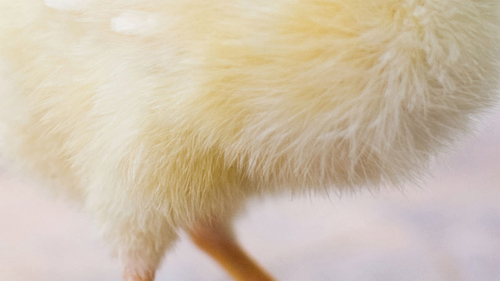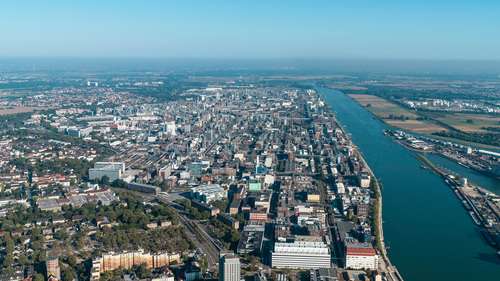BASF expands production capacity for feed enzymes at Ludwigshafen, Germany
BASF has expanded the production capacity of its enzymes plant in Ludwigshafen, Germany. Through the expansion of the existing plant, BASF has significantly increased the annual number of feasible fermentation runs. The larger production capacity enables BASF to meet the growing global demand from customers for a reliable high-quality supply of the BASF feed enzymes Natuphos® E (phytase), Natugrain® TS (xylanase and glucanase) and the recently launched Natupulse® TS (mannanase). The expanded enzyme plant has already started production and larger quantities of BASF feed enzymes are now available.
As a pioneer in the fields of enzymes in animal nutrition for more than 30 years, BASF has paved the way for better utilisation of feed nutrients. Enzymes have since established themselves as indispensable feed additives to improve efficiency and sustainability in animal protein production. As animal protein consumption and the inclusion rate of feed enzymes to reduce feed costs continues to increase, global demand for feed enzymes is on a growth trajectory.
“With this capacity expansion, BASF addresses the needs of our customers through investments and product innovation,” says Michael De Marco, BASF Vice President Global Business Management Enzymes. “This underlines our commitment to meeting the increasing demand of our customers around the globe.”
Focusing on the development of the feed industry, Daniela Calleri, BASF Vice President Business Management Animal Nutrition, comments: “The market asks for more enzymes. Demand is expected to continue to rise in the coming years. This is where BASF wants to expand its position as one of the leading manufacturers of feed enzymes.” She adds: “The excellent stability and proven efficacy of BASF’s enzymes are meeting a growing demand. We are excited to serve our customers even better and grow together with them moving forward.”
Latest news
NEXTCHEM awarded a feasibility study by Mana Group and Equinor for the production of sustainable fuels in Norway leveraging its NX Circular™ technology
With the support of NEXTCHEM, Mana (NG Nordic) and Equinor are entering an early-stage strategic partnership to explore the potential development of the Nordics' first large-scale waste-to-methanol...
A circular economy pioneer
REMONDIS' Lippe Plant →Founded back in 1991, RETERRA has transformed itself from a regional composting business into a nationwide biomass management specialist.
ECLUSE Scheldt Tunnel Completed: Belgium’s longest microtunnel is now a reality
Port Of Antwerp →Work on extending the ECLUSE steam network from the left to the right bank of the Scheldt has reached a major milestone. The tunnel that will carry the pipelines beneath the river has now been comp...
PureCycle Receives REACH Certification, Unlocking EU Sales of PureFive™ Resin
Port Of Antwerp →PureCycle Technologies has received the REACH Certificate of Compliance, allowing the Company to sell PureFive™ resin to customers in the European Union. PureCycle has plans to build its first Euro...


